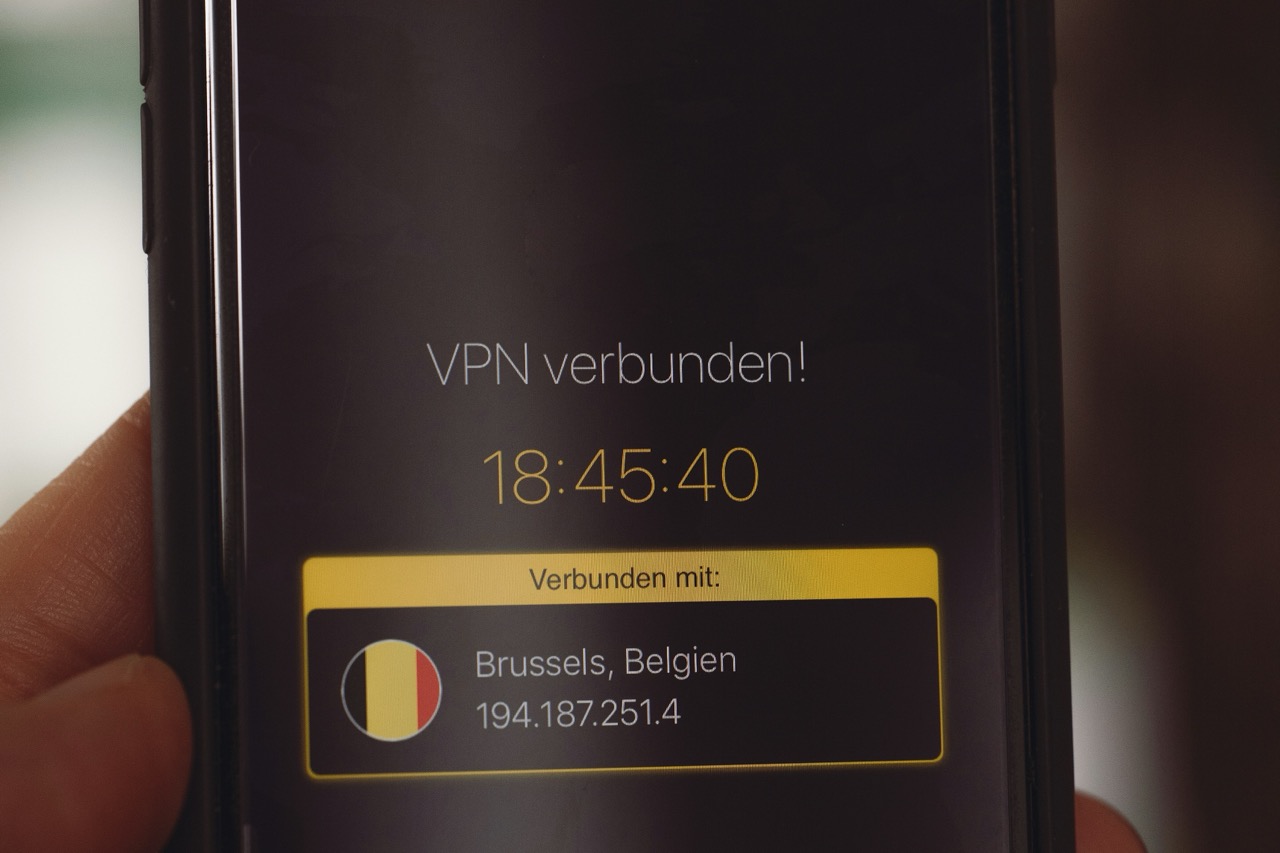The rise of digital privacy concerns and the increasing prevalence of geo-restricted content have led to a surge in the popularity of Virtual Private Networks (VPNs). Many users, enticed by the allure of free services, often overlook the potential dangers associated with using free VPNs. While these services may seem like an attractive option for safeguarding online activity, they come with a plethora of risks that can compromise users’ data security and privacy. This article delves into the various dangers of using free VPN services, highlighting the importance of understanding these risks and exploring safer alternatives.
Understanding the Risks of Using Free VPN Services
Free VPN services often advertise themselves as an easy and cost-effective way to protect your online privacy. However, the reality is that these services often come with hidden costs. Many free VPNs operate on a business model that relies on monetizing user data, which can lead to significant privacy violations. Users may unwittingly expose their sensitive information, including browsing habits and personal details, to third parties.
Moreover, free VPNs typically lack the robust infrastructure that paid services offer. This can lead to inconsistent performance, with users experiencing frequent disconnects, slow speeds, and unreliable access to content. The lack of investment in technology also means that the security measures offered by these services are often subpar, leaving users vulnerable to cyber threats while their data is transmitted over the internet.
Finally, using a free VPN can lead to a false sense of security. Many users might believe they are safely anonymous online without understanding the limitations of the free service they are using. In many cases, free VPNs do not provide adequate encryption protocols or sufficient logging policies, making it easy for malicious actors to track user activity and compromise sensitive information.
Data Privacy Concerns: Logging and Data Usage Policies
One of the most significant issues with free VPN services is their data logging practices. While many paid VPN providers advertise a strict no-logs policy, many free VPNs do not have the same commitment to user privacy. In fact, some of these services may retain extensive logs of user activity, including timestamps, IP addresses, and browsing histories, which can be handed over to authorities if requested.
Furthermore, the transparency of data usage policies is often lacking in free VPN services. Users may not fully understand what data is collected, how it is used, and whether it is shared with third parties. This ambiguity can pose serious risks, as users may inadvertently agree to terms that compromise their privacy, leading to the potential misuse of their personal information.
Additionally, even if a free VPN claims to have a no-logs policy, the methods of data collection and storage can be questionable. Without proper audits and independent verification, users have no way of knowing whether these claims hold true. The potential for data breaches increases, with user information becoming a target for cybercriminals if left unprotected.
Security Vulnerabilities in Free VPN Applications
Free VPN applications often lack the comprehensive security features that are standard in reputable paid services. Many of these applications do not implement strong encryption protocols, leaving users’ data exposed to eavesdropping. Commonly used security protocols, such as OpenVPN and IKEv2, are frequently absent in free VPN offerings, putting users at risk of data interception.
In addition to weak encryption, free VPNs may be susceptible to technical vulnerabilities due to inadequate development practices. Poor coding and a lack of regular updates can create exploitable weaknesses, making it easier for hackers to infiltrate these applications and potentially gain access to sensitive information. The absence of essential security features, such as a kill switch, further exacerbates these vulnerabilities, allowing users’ true IP addresses to be exposed if the VPN connection drops unexpectedly.
Moreover, the source code of many free VPN applications remains closed and proprietary, preventing independent security researchers from scrutinizing their security. This lack of transparency can lead to unaddressed security flaws that further jeopardize user safety. As such, using a free VPN can introduce significant risks that users may not recognize until it is too late.
Malware Distribution: The Hidden Dangers of Free VPNs
One of the insidious dangers of free VPN services is the potential for malware distribution. Some free VPN applications have been found to contain adware, spyware, and other malicious software that can compromise users’ devices and personal data. Such malware can track user behavior, steal sensitive information, or even hijack the device for malicious purposes.
Additionally, free VPNs often rely on advertising to generate revenue. To maximize profits, these services may engage in aggressive advertising practices, including the display of intrusive ads or the embedding of tracking codes within the application. This not only disrupts the user experience but also increases the risk of inadvertently downloading harmful software.
Moreover, users may unwittingly expose themselves to malicious actors when connecting to unsecured servers provided by free VPNs. These servers can serve as entry points for cybercriminals, allowing them to exploit vulnerabilities in the VPN’s infrastructure. Without adequate security measures in place, users can become victims of identity theft, data breaches, or other cybercrimes.
Performance Issues and Reliability of Free VPN Providers
Performance is often a significant concern for users of free VPN services. Given the lack of financial resources to invest in high-quality infrastructure, free VPN providers frequently experience issues such as slow connection speeds and high latency. These performance deficiencies can render the VPN unusable, especially for activities that require a stable and fast internet connection, such as streaming or online gaming.
In addition to speed issues, free VPNs often face reliability challenges. Users may encounter frequent disconnections, which can disrupt ongoing online activities and lead to frustration. In some cases, free VPN services may have limited server locations, restricting users’ ability to access desired content and increasing the likelihood of connection failures. This unreliability can defeat the purpose of using a VPN for privacy and security.
Finally, since many free VPNs have a larger number of users sharing limited resources, the quality of service can degrade further. As more users connect, bandwidth becomes a shared commodity, leading to overcrowded servers and diminishing returns for all users. This not only impacts performance but can also lead to inconsistent experiences when trying to access geo-restricted content.
Alternatives to Free VPNs: Exploring Safer Options
Given the inherent risks associated with free VPNs, users are encouraged to explore safer alternatives that prioritize their privacy and security. Paid VPN services typically offer robust features, including strong encryption, comprehensive logging policies, and dedicated customer support. By investing in a reputable VPN provider, users can significantly enhance their online security without compromising their data.
When selecting a paid VPN, it is essential to consider factors such as the provider’s privacy policy, server locations, connection speeds, and additional features like split tunneling and ad-blocking capabilities. Independent reviews and user testimonials can also provide valuable insights into the performance and reliability of different VPN services.
Moreover, some reputable VPN providers offer free trials or money-back guarantees, allowing users to test the service before committing to a subscription. This approach enables users to experience the benefits of a robust VPN without the risks associated with free services, ensuring they can navigate the internet safely and securely.
While free VPNs may seem like an appealing option for enhancing online privacy, the dangers they pose cannot be overstated. From data privacy concerns to security vulnerabilities and the risk of malware, the potential pitfalls of using free VPN services often outweigh the benefits. It is crucial for users to understand these risks and consider investing in reputable paid VPN alternatives that prioritize security, performance, and user privacy. By making informed choices, users can protect their online activities and enjoy a safer digital experience.










